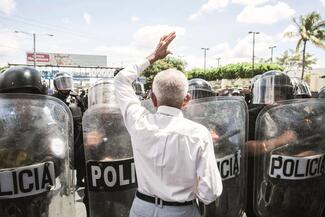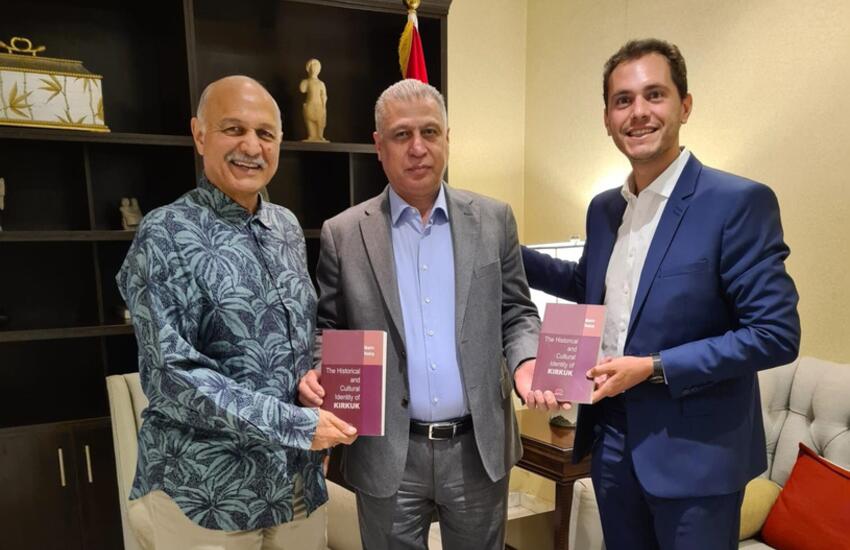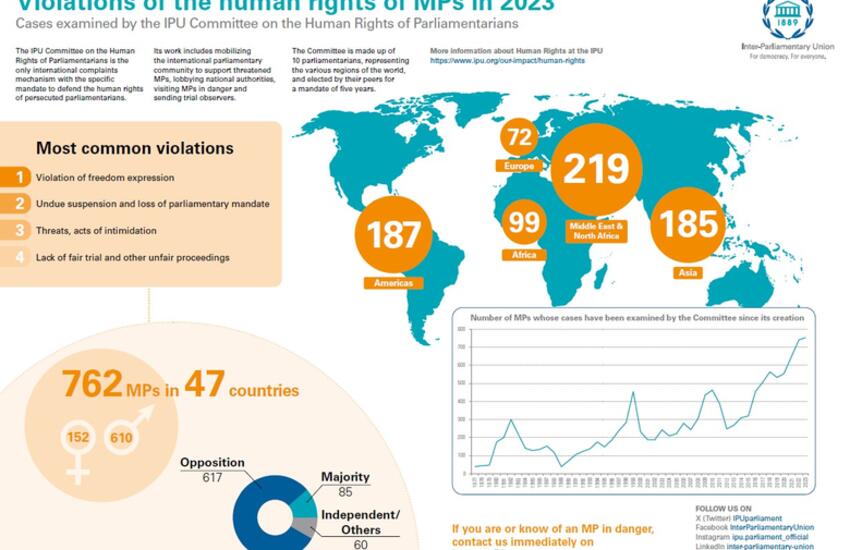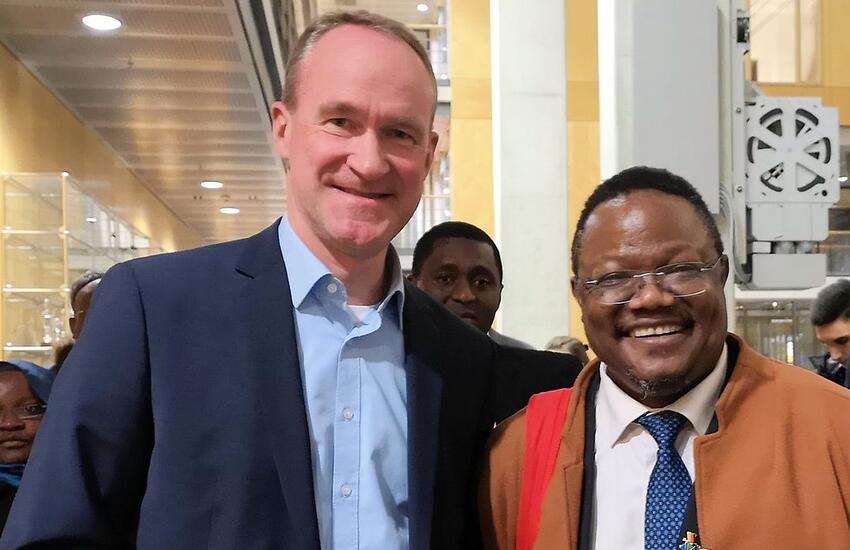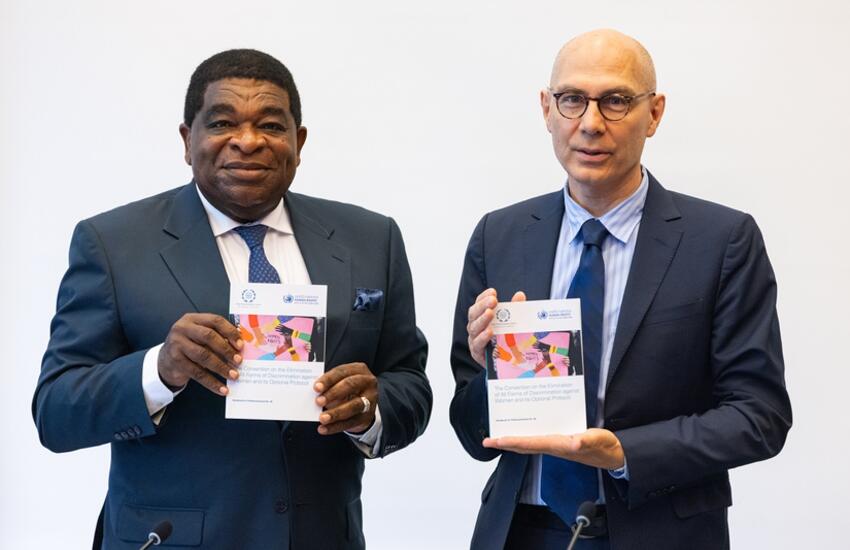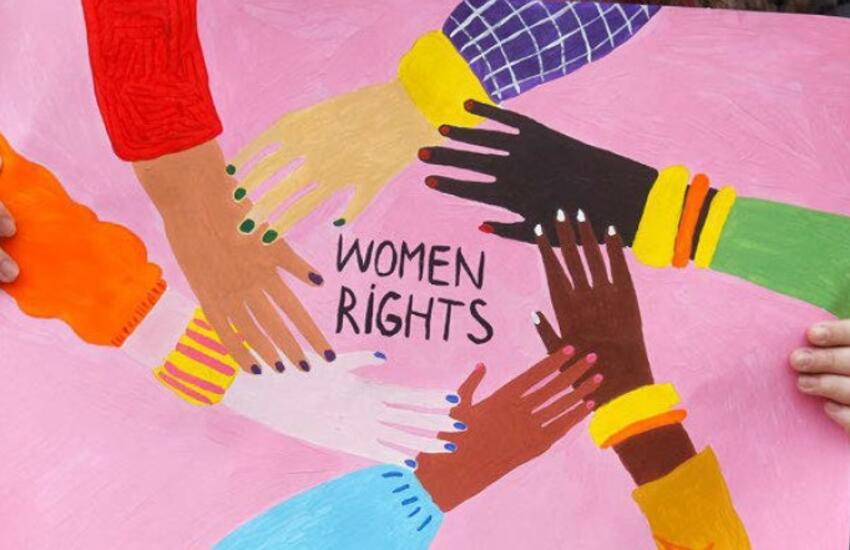The Inter-Parliamentary Union (IPU) and the UN Human Rights Office have today launched a toolkit to help parliaments better integrate human rights into their work.
Parliaments and Human Rights: A self-assessment toolkit provides a practical introduction to assessing how human rights can be better mainstreamed into parliamentary processes and structures. The toolkit is designed to empower parliamentarians as champions of human rights for their constituents.
IPU Secretary General, Martin Chungong, said: “With human rights under terrible strain in many parts of the world due to war, humanitarian crises, rising authoritarianism and climate change, this toolkit could not be timelier. Parliaments are key to translating global human rights commitments into concrete improvements to the lives of the people that they represent. I call on parliaments to make full use of the toolkit with the support of the IPU.”
UN High Commissioner for Human Rights, Volker Türk, said: “At a time when democracy is under constant threat, supporting the role of parliaments in the promotion and protection of human rights is of great importance. This toolkit supports parliaments’ efforts to embody universal, core values of equality, justice, human dignity and human rights – values that the Universal Declaration of Human Rights, which celebrates its 75th anniversary this year, specifically upholds.”
Parliaments are the cornerstone of human rights nationally
Parliaments have a central role to play when it comes to the protection and realization of human rights at the national level. They can ensure States’ compliance with their international human rights obligations and share responsibility, with other branches of the State, to protect, respect and fulfil human rights. They can adopt human rights-sensitive laws and policies; approve the ratification of human rights treaties; implement and follow-up on recommendations made by international human rights mechanisms; create and support the effective functioning of national institutions to promote and protect human rights, including national human rights institutions; exercise oversight; serve as a nexus between the international and national human rights arenas; hold governments to account; and pass budgets that promote human rights.
Parliaments are also well-positioned to work with national stakeholders and grassroots organizations to ensure that decisions about human rights consider the local and national context and are made with the meaningful participation of all rights holders, including individuals and groups that are marginalized or discriminated against, in particular women and girls.
How to use the toolkit
The toolkit introduces the main international norms, treaties and mechanisms which underpin human rights and explains how parliaments can implement them at the national level.
One of the key features of the toolkit is a series of questions and checklists that allow parliaments to select their priorities and areas for improvement.
The self-assessment questionnaire in the toolkit includes questions to help parliaments assess how aware they are of human rights, how to make laws in support of human rights, how to enhance their involvement with UN human rights mechanisms and how to secure adequate financial resources.
The toolkit is based on the extensive experience of the IPU and the UN Human Rights Office in strengthening the human rights capacities of parliaments, so they can discharge their human rights responsibilities. It was also drafted with direct input from a cross-regional panel of parliamentarians to ensure that the content aligned with their needs.
The toolkit is designed to complement the joint 2016 publication by the IPU and the UN Human Rights Office, Human Rights: Handbook for Parliamentarians.
The IPU is the global organization of national parliaments. It was founded more than 130 years ago as the first multilateral political organization in the world, encouraging cooperation and dialogue between all nations. Today, the IPU comprises 179 national Member Parliaments and 14 regional parliamentary bodies. It promotes democracy and helps parliaments become stronger, younger, gender-balanced and more innovative. It also defends the human rights of parliamentarians through a dedicated committee made up of MPs from around the world.
For more information about the IPU, contact Thomas Fitzsimons at email: [email protected] or [email protected] or tel: +41(0) 79 854 31 53
The Office of the High Commissioner for Human Rights (UN Human Rights) is the leading UN entity on human rights, representing the world’s commitment to the promotion and protection of the full range of human rights and freedoms set out in the Universal Declaration of Human Rights.
For more information about OHCHR, contact Liz Throssell at email: [email protected] or tel: +41 22 917 9296





